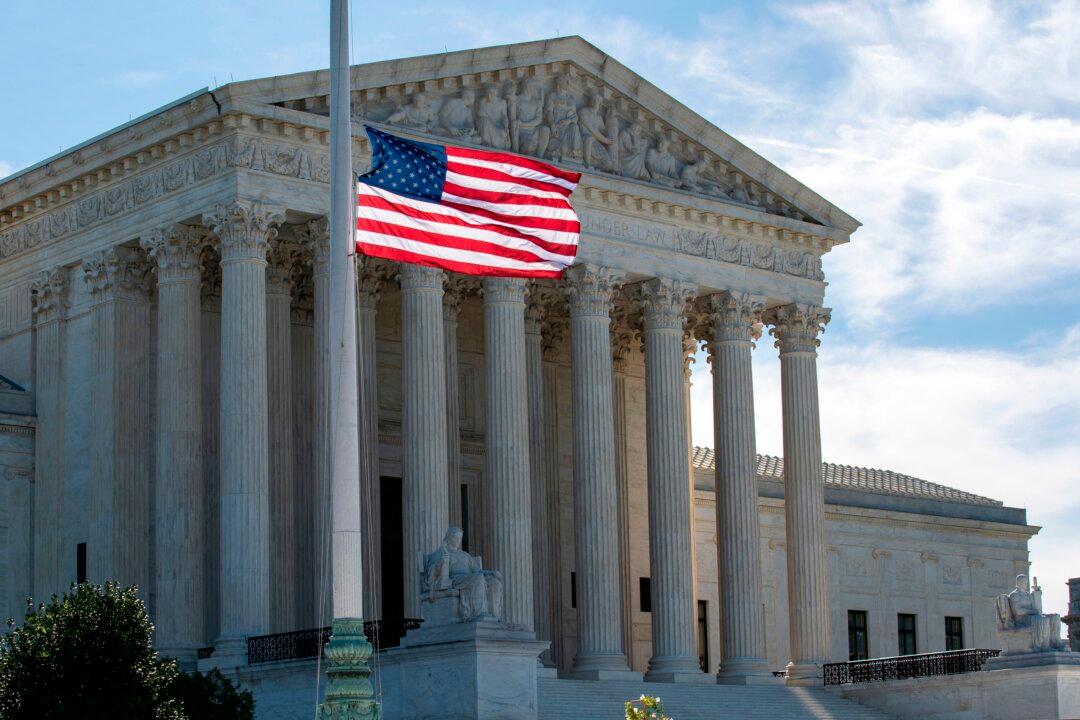News Analysis
President Donald Trump pared his sizable list of possible Supreme Court nominees on the weekend by indicating he intends in the coming week to name a woman to replace Justice Ruth Bader Ginsburg who died at 87 on Sept. 18.

President Donald Trump pared his sizable list of possible Supreme Court nominees on the weekend by indicating he intends in the coming week to name a woman to replace Justice Ruth Bader Ginsburg who died at 87 on Sept. 18.